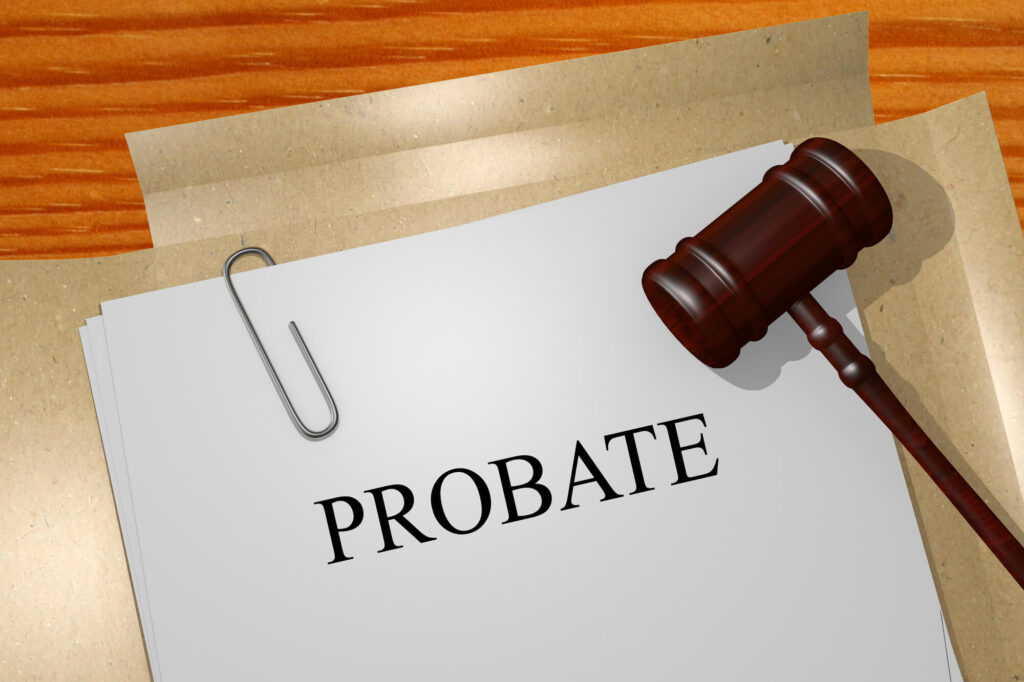Understanding the Probate Process in Texas: A Comprehensive Guide
The probate process in Texas can be complex and often overwhelming for those unfamiliar with legal procedures. It involves validating a deceased person's will, if one exists, and administering their estate according to Texas law. Understanding the steps involved, from filing the will with the court to distributing assets, is crucial for executors and beneficiaries alike.
In Texas, the probate process typically begins with filing an application for probate in the appropriate court. This includes gathering necessary documents such as the death certificate and will. Once the court admits the will, the executor is responsible for notifying heirs, settling debts, and managing the estate's assets until distribution. Familiarity with these steps can significantly ease the burden during a challenging time.
Texas Probate Timeline: What to Expect and How Long It Takes
The timeline for probate in Texas can vary greatly depending on the complexity of the estate and whether there are disputes among heirs. Generally, the process can take anywhere from a few months to a year or more. Understanding this timeline helps individuals plan accordingly and sets realistic expectations for settling an estate.
Factors that influence the probate timeline include the size of the estate, the clarity of the will, and potential challenges from beneficiaries. For example, estates with simple assets may be resolved quickly, while those involving real estate, business interests, or contested wills can significantly lengthen the process. Executors should prepare for these variables and communicate transparently with all parties involved.
Common Challenges in Texas Probate: Overcoming Legal Hurdles
For instance, if a beneficiary contests the will, it may lead to a lengthy court battle that requires legal intervention. Additionally, managing debts and claims against the estate can complicate asset distribution. Executors are advised to seek legal counsel to effectively address these challenges and ensure compliance with Texas probate laws.
Probate Alternatives in Texas: Exploring Non-Probate Options
Many individuals in Texas seek alternatives to the traditional probate process to expedite estate settlement and reduce costs. Non-probate options, such as living trusts, transfer-on-death deeds, and joint ownership, can simplify asset transfer and avoid the lengthy probate court proceedings.
For example, establishing a living trust allows individuals to transfer assets into the trust during their lifetime, which can then be distributed to beneficiaries without going through probate. Understanding these alternatives can empower individuals to make informed decisions regarding their estate planning, ultimately providing peace of mind and efficiency in managing their assets.
Understanding the Probate Process in Texas: A Comprehensive Guide
The probate process in Texas can be complex and often overwhelming for those unfamiliar with legal procedures. It involves validating a deceased person's will, if one exists, and administering their estate according to Texas law. Understanding the steps involved, from filing the will with the court to distributing assets, is crucial for executors and beneficiaries alike.
In Texas, the probate process typically begins with filing an application for probate in the appropriate court. This includes gathering necessary documents such as the death certificate and will. Once the court admits the will, the executor is responsible for notifying heirs, settling debts, and managing the estate's assets until distribution. Familiarity with these steps can significantly ease the burden during a challenging time.
Texas Probate Timeline: What to Expect and How Long It Takes
The timeline for probate in Texas can vary greatly depending on the complexity of the estate and whether there are disputes among heirs. Generally, the process can take anywhere from a few months to a year or more. Understanding this timeline helps individuals plan accordingly and sets realistic expectations for settling an estate.
Factors that influence the probate timeline include the size of the estate, the clarity of the will, and potential challenges from beneficiaries. For example, estates with simple assets may be resolved quickly, while those involving real estate, business interests, or contested wills can significantly lengthen the process. Executors should prepare for these variables and communicate transparently with all parties involved.
Common Challenges in Texas Probate: Overcoming Legal Hurdles
For instance, if a beneficiary contests the will, it may lead to a lengthy court battle that requires legal intervention. Additionally, managing debts and claims against the estate can complicate asset distribution. Executors are advised to seek legal counsel to effectively address these challenges and ensure compliance with Texas probate laws.
Probate Alternatives in Texas: Exploring Non-Probate Options
Many individuals in Texas seek alternatives to the traditional probate process to expedite estate settlement and reduce costs. Non-probate options, such as living trusts, transfer-on-death deeds, and joint ownership, can simplify asset transfer and avoid the lengthy probate court proceedings.
For example, establishing a living trust allows individuals to transfer assets into the trust during their lifetime, which can then be distributed to beneficiaries without going through probate. Understanding these alternatives can empower individuals to make informed decisions regarding their estate planning, ultimately providing peace of mind and efficiency in managing their assets.









